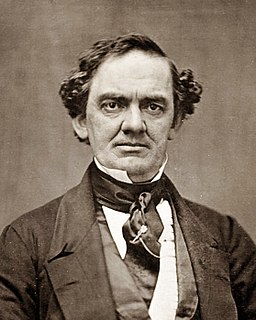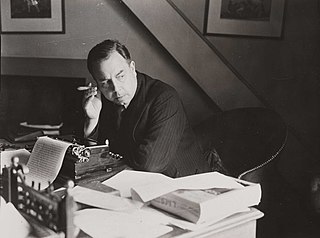A Quote by Jean-Jacques Rousseau
A man who is not a fool can rid himself of every folly except vanity.
Related Quotes
Savings represent much more than mere money value. They are the proof that the saver is worth something in himself. Any fool can waste; any fool can muddle; but it takes something more of a man to save and the more he saves the more of a man he makes of himself. Waste and extravagance unsettle a man's mind for every crisis; thrift, which means some form of self-restraint, steadies it.
This fellow is wise enough to play the fool; And to do that well craves a kind of wit: He must observe their mood on whom he jests, The quality of persons, and the time, And, like the haggard, check at every feather That comes before his eye. This is a practise As full of labour as a wise man's art For folly that he wisely shows is fit; But wise men, folly-fall'n, quite taint their wit.
No man can expect to find a friend without faults; nor can he propose himself to be so to another. Without reciprocal mildness and temperance there can be no continuance of friendship. Every man will have something to do for his friend, and something to bear with in him. The sober man only can do the first; and for the latter, patience is requisite. It is better for a man to depend on himself, than to be annoyed with either a madman or a fool.




































